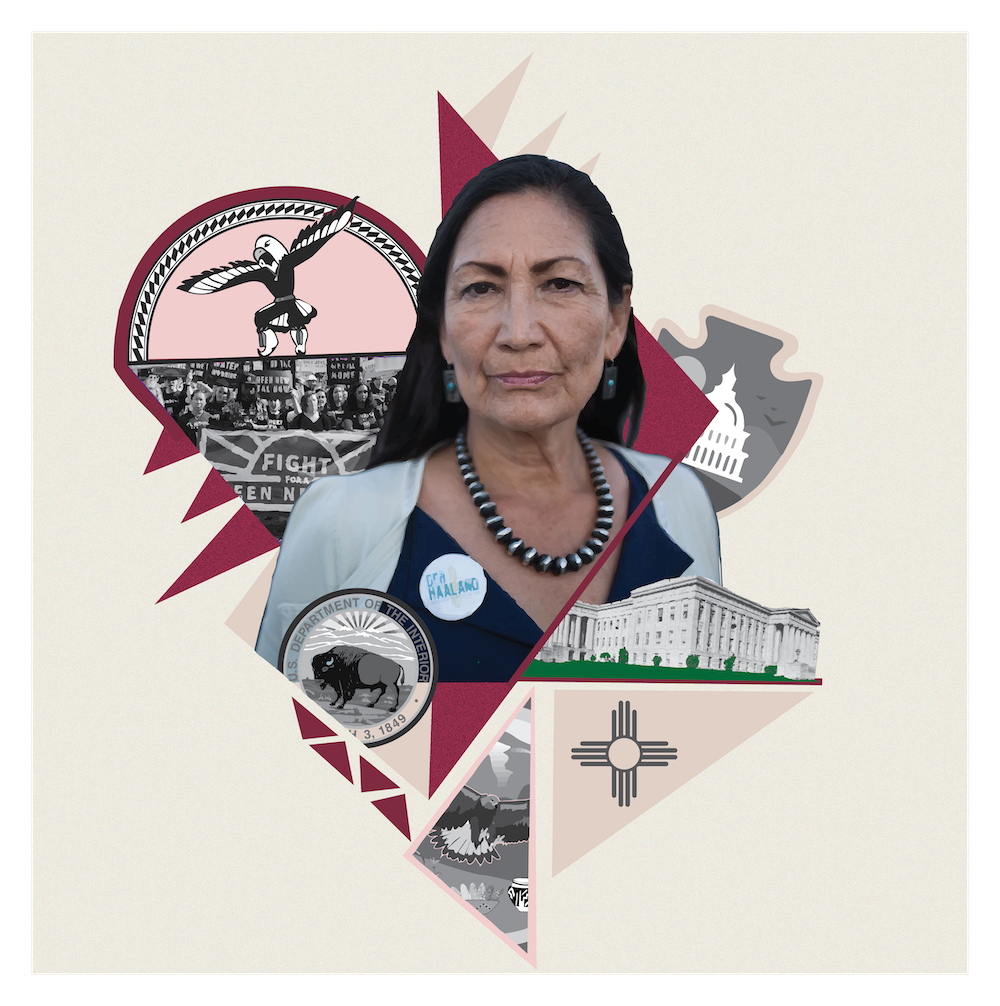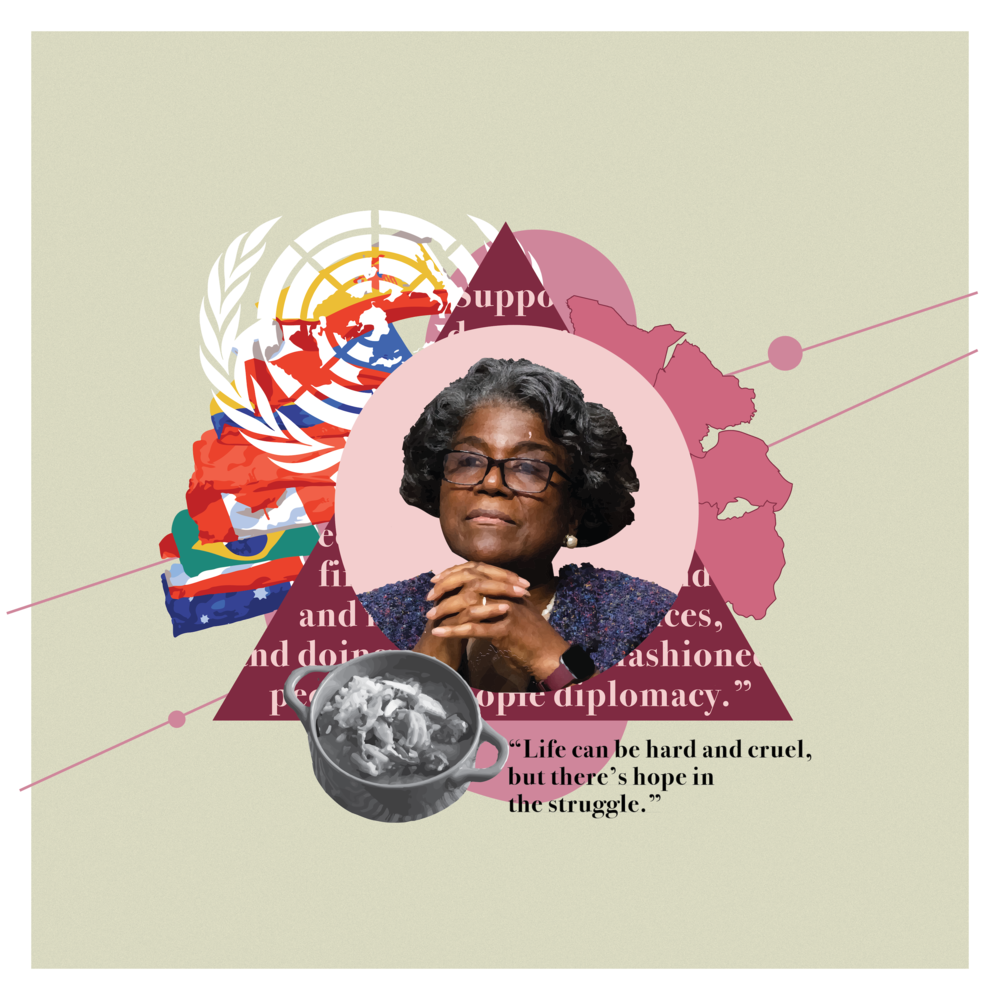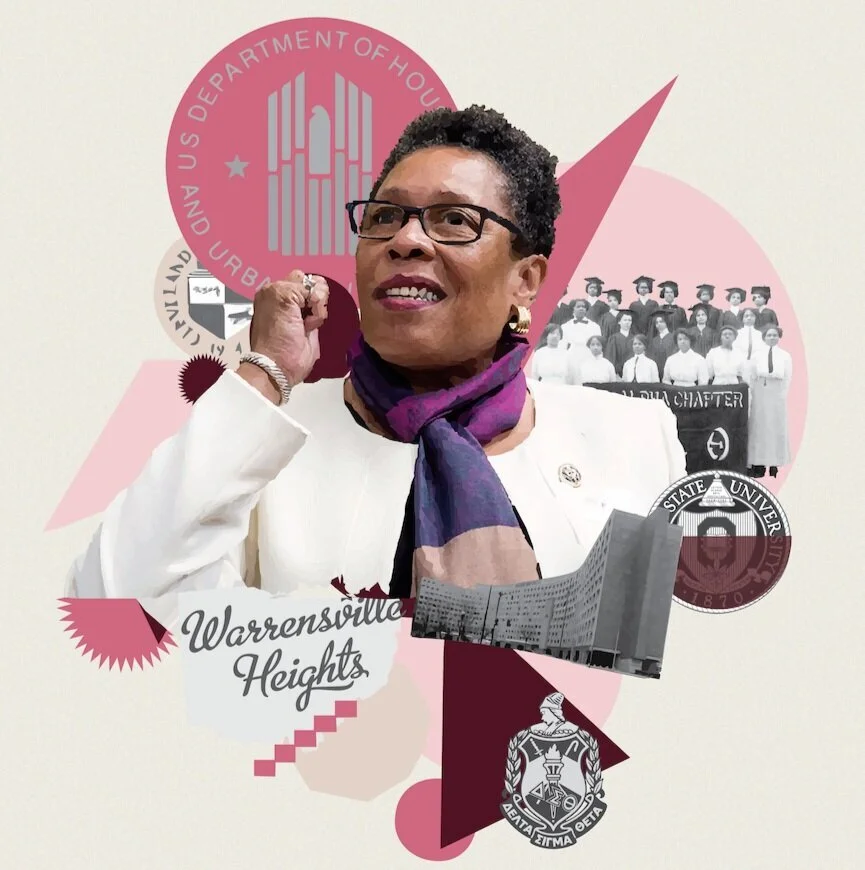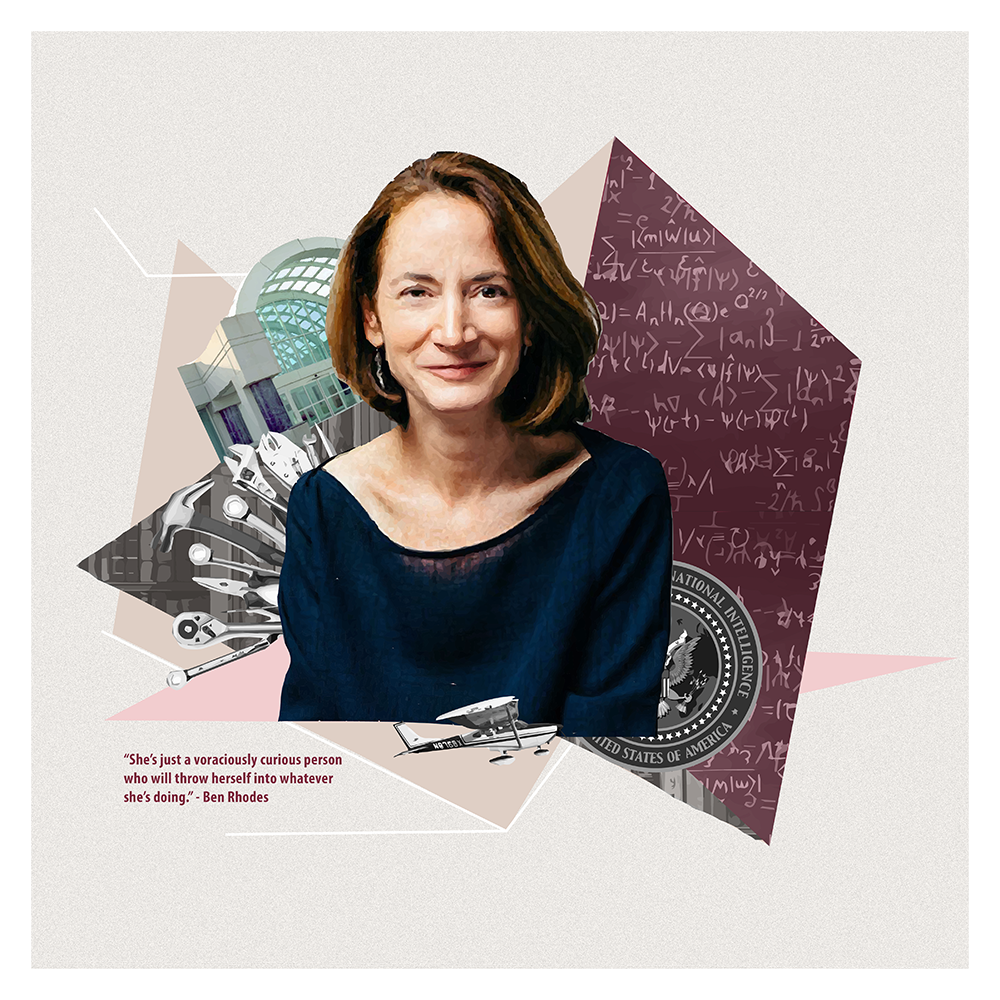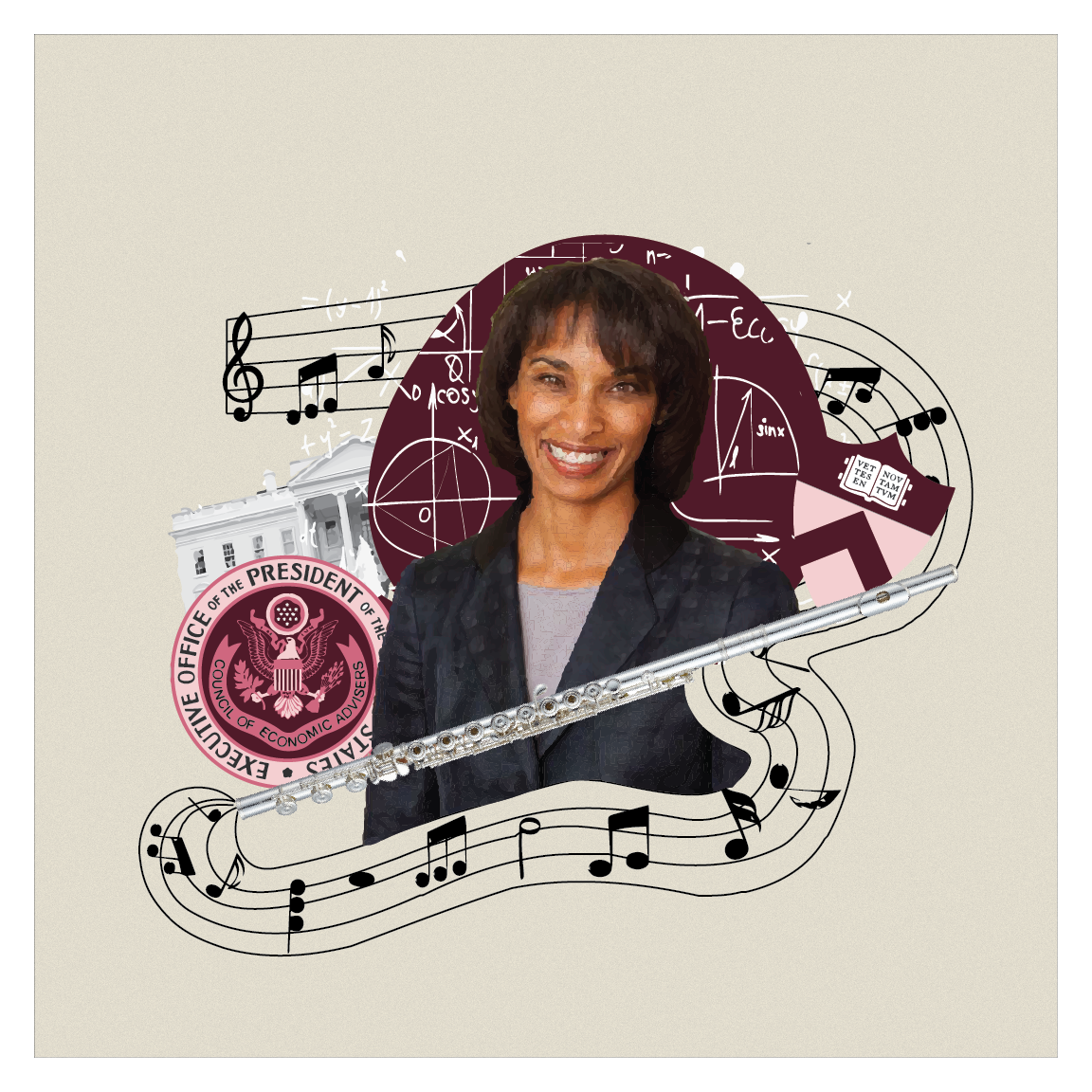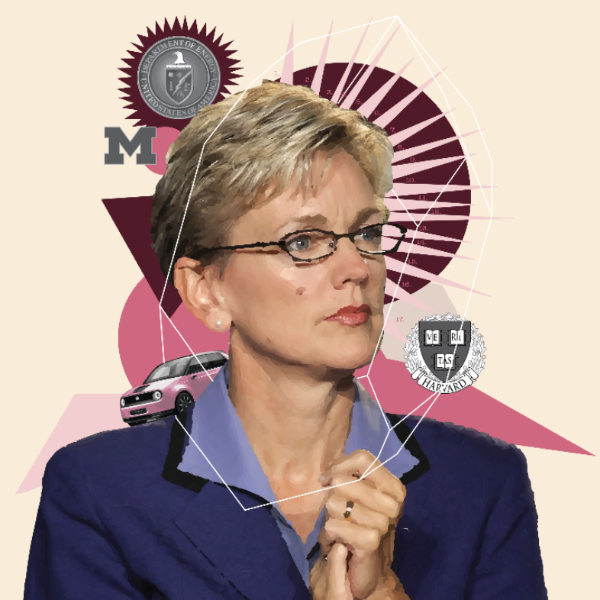The young woman taking a close look at my passport at the Nairobi airport when we arrived last week looked up to ask why I had traveled to Kenya when the US thought Kenya was dangerous? I assured her I didn’t believe that, having come multiple times during the pandemic, feeling safer than in the US or UK, and that besides, I added, “Dangerous times call for Dangerous Women!”
When I showed her my hat band which has that engraved on it, she laughed and assured me she was already a dangerous woman. As our eyes and smiles connected, we felt a connection of life experiences from two very different cultures and generations, understanding that what we each meant by ‘dangerous’ is the opposite of the usual definition.
For me, that ‘dangerousness’ comes from learning to be more fearless, embracing the risks of speaking out about violence, standing up for justice, fighting for greater equity everywhere and for everyone….and yes, continuing to embrace and engage fully with the learning and connections that come from travel...especially in my case, to the African continent.
For that young woman, like so many of the women I have met in Kenya, Rwanda, Ghana, and South Africa, becoming more dangerous has most likely been a journey to overcome many obstacles and challenges, and had we had time in our brief encounter at Kenyan immigration, I would have learned more about what becoming a dangerous woman means for her ...and for women everywhere.
It is that need to understand better the learnings from other dangerous women that led me to accept the opportunity to host the FINTECH.TV series, Dangerous Women, Leading Onward. I launched the series of half-hour interviews nine months ago in Nairobi, by the way, and now there are more than 50 interviews on the FINTECH.TV platform and airing on CNBC Africa, CNBC Arabia, Times India and Bloomberg Europe—conversations with a wide diversity of women whose journeys to becoming dangerous are a learning journey for me …and hopefully for viewers wherever they live.
Here are seven takeaways from just a few of the inspiring conversations, and I’ll share more in the New Year.
1. Find Your Superpower
One of the very first interviews of the series featured Cheryl Dorsey, a trailblazer in the social entrepreneurship movement and the president of Echoing Green. For more than 30 years, Echoing Green has sponsored more than 900 social entrepreneur fellows, providing seed-funding and leadership development, investing in their success to accelerate the impact of their work across the world.
"At Echoing Green," Cheryl told me, "we often talk about that 'moment of obligation.' We ask, what is that problem or that issue that quickens your pulse, that thing from which you cannot turn away and it becomes your problem to own—not necessarily to solve—but yours to own. It's what you will commit your life to trying to make progress towards."
Once you figure out what drives you—in your heart—you have to figure out where your skills, gifts and talents fit and where you can contribute to the work. "In this quest for justice and for change… you know, everything I do comes through the lessons of social movement leaders. They're a continuum, right? You couldn't have a Martin without a Malcolm and they couldn't have done that work without a Fannie Lou Hamer and an Ella Baker. So you have to figure out where your skills and talents fit."
Watch Cheryl's entire interview
2. Ask 'Why Not?'
Global powerhouse media personality Yang Lan, a woman often called the Oprah of China, talks frankly about how she bounced back from early failures to success with her company, Sun Media Group, one of China’s leading privately owned media companies, and again with Her Village Media and Education Group. In 2013, she was ranked number 100 in Forbes magazine's "100 World's Most Powerful Women."
Yang told me how she "jumped into the media industry by accident" when she auditioned and was chosen out of more than 1,000 applicants to be the host of China's most popular television talk show in 1990. But in doing that work, she discovered what would become her life's work: connecting with viewers, learning along with them, and elevating women's stories.
She says her "why not" mentality and can-do spirit are the key to her success. "Of course, I have to confess that I have faced and experienced many, many failures and setbacks, but those were the times that really tested my endurance, my commitment and the nature of my dreams. Those are some crucial and difficult questions to answer."
"If women can choose to take risks, choose adventure, and do something they really believe in," that is the only way they can see their true potential. "I always say that the biggest failure is if you fail to try," says Yang.
Watch Yang's entire interview
3. Be a (Local) Climate Warrior
Wanjira Mathai is the vice president and regional director for Africa at the World Resources Institute and the daughter of Nobel Peace Prize winner Wangaari Mathai, founder of the Greenbelt Movement.
Wanjira says what is crucial right now is to convert urgency about climate change that we are seeing every day in each of our communities to action on the ground. Continuing her mother's work, Wanjira says her legacy is so vibrant today. Nature is at the heart of our ability to sustain ourselves. "The Greenbelt Movement was a very simple concept that grew to be a movement that transformed landscapes across Kenya."
"Local action at the grassroots is key to do the work that's needed to build resilience and to adapt against the worst impacts," she says. "All of us can make adjustments to our lifestyles and be conscious about where our food comes from, sending signals to our grocers about stocking the shelves with sustainable choices." Above all, she says, show up for environmental activists in your community whether it means joining a march or sending monetary support to help these movements grow.
Watch Wanjira's entire interview
4. Women's Networks Are a Power Source
Regular readers of my newsletter know that I am a fervent evangelizer of the power of connection and community. I know that I couldn't be a dangerous woman without the love, strength and support of my amazing women friends. Women's networks for me personally are a power source, in terms of collective problem solving and support. Turns out that I'm not alone in feeling that way. One of the common themes that came up over and over again in my conversations with dangerous women was not only the importance of women's networks, but also the fact that they might be one of the most dangerous things about us.
Climate activist and leader of The Elders, Mary Robinson, explained it to me this way. "When we women get together for whatever issues our passions take us—whether it's health, education, and more recently, climate and climate justice—we don't need to explain anything. We know we will work together and we will be there to help each other through bad times when things are hard."
5. Break Your Bubble
Susan McPherson, the founder and CEO of McPherson Strategies and the author of The Lost Art of Connecting, talked about meaningful connection and the ways she uses technology intentionally to stay connected, reconnect, and build new relationships. "Living a life full of curiosity but also full of acceptance and compassion for others is the greatest gift in the world," she told me.
Susan reminds us that we need to be mindful of doing everything in our power to "break out of that hermetically sealed bubble that so many of experience where we tend to attract people and be around people who look like us, the same age as us, the same race and culture as us, etc. Create a list of the people you want to connect with, or reconnect with, and then go forward."
How do we do that? Ask your friends for introductions to their friends, volunteer and expand your horizons, and step outside your comfort zones, to not only give back but also to learn from people you might not otherwise have the opportunity to meet.
Watch Susan's entire interview
6. Remember the 'Power of One'
Phumzile Mlambo-Ngcuka, the former deputy president of South Africa, just wrapped up her tenure as executive director of UN Women. For the past eight years, she has been tirelessly traveling the world spreading the message that equality for women and girls has not yet been achieved, helping government and business leaders and organizations understand how they must be more accountable and driven in this work.
Sometimes, she said, you worry about getting started and doing something because you don't know where to start. "But people can—on their own, one person—can pay attention within their own company or institution. Are women in leadership? Are you going to convene meetings having a panel made up of only men? How is the organization run? Are women only at the bottom? Is there a pipeline for getting them into leadership?"
And of course, outside your organization there is also an opportunity to give, to invest and to join action coalitions in their cause. Thankfully, we have UN Women to point us in the right direction. Visit their website to find women's groups who fight against gender-based violence, organizations working to educate girls and women, organizations who are fighting to end child marriage, and organizations working towards digital literacy for girls and women. If you have the time to engage with organizations, you can also work with them when they are marching, writing letters and op-eds, electing women to office and maybe running for office yourself.
Watch Phumzile's entire interview
7. Golden Rule 2.0
Jacqueline Novogratz is the founder and CEO of Acumen, a nonprofit company that uses the power of entrepreneurship to build a world where everyone has the opportunity to live with dignity. Jacqueline is also the author of Manifesto for a Moral Revolution: Practices to Build a Better World.
In our interview, Jacqueline explained how her career in banking and Wall Street led her to her life's work. "The opposite of poverty is dignity," she says, "if you define dignity as choice, opportunity, the ability to make your own decisions. We too often think the opposite of poverty is wealth or income—and it's part of it, but it's not enough."
"Pat, you and I grew up with the Golden Rule, which was 'Do unto others as you would have them do unto you.' And I think we need a new one, or rather an added one, which is 'Give back to the world more than you take.' …If each of us with whatever we have and wherever we are, start from that premise and ask ourselves regularly, 'Am I giving back to the world more than I'm taking and am I treating others with dignity,' we'll have a movement dedicated to putting our shared humanity on earth at the center of all of our systems."
Watch Jacqueline's entire interview
It’s been a true privilege to know these extraordinary women and to be able to share their learnings. I hope you will find the time to watch the interviews with the women above, as well as all the other interviews at the FINTECH.TV global website and on my website, PatMitchellMedia.com. All of these women and the others interviewed so far, are leading us onward to a more just and equitable world, and that is the true definition of a dangerous woman!
Onward!
-Pat










